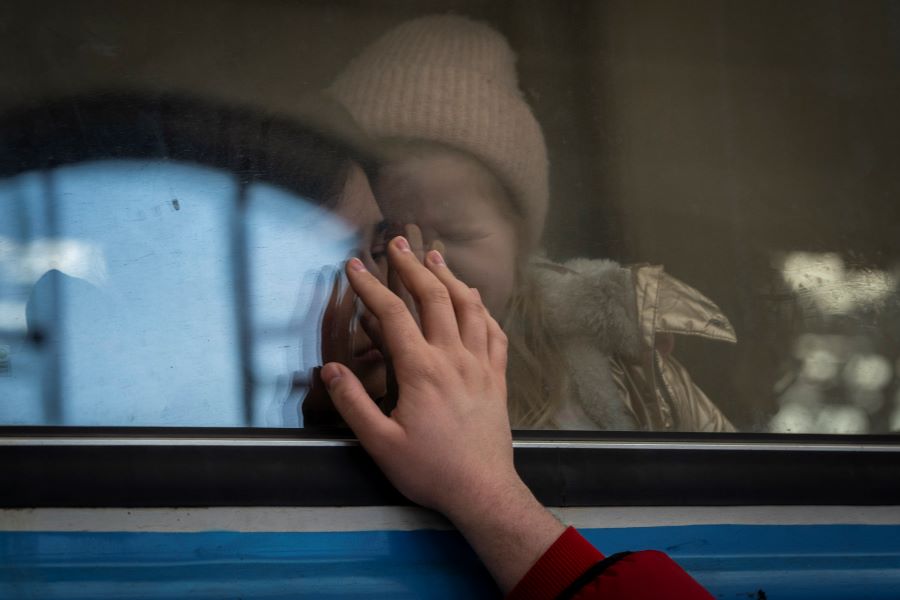
by Nela Piwonska | 31 Mar 2022 | Conflict, Educators' Catalog, Europe, Human Rights, Immigration, Realgymnasium Rämibühl Zürich, Refugees, Student Posts, Ukraine, Youth Voices
More Ukrainians have fled to Poland than any other country. Like so many Poles, my relatives are doing what they can to help. Displaced Ukrainians on a Poland-bound train bid farewell in Lviv, western Ukraine, 22 March 2022. (AP Photo/Bernat Armangue) Here’s how...
The best journalists are good listeners. They hear the words of those worth listening to, and they offer the best quotes to their audience to give voice to the protagonists of the story. Many young writers have difficulty hearing and passing along those quotes. But Nela Piwonska of Realgymnasium Rämibühl Zurich is an exception to the rule and proves it with captivating quotes from relatives in Poland who are on the front lines of Europe’s latest refugee crisis. Against a heartbreaking backdrop of families fleeing war, Piwonska manages to offer an uplifting final quote: “The only positive change in my life is the realisation of how much good is left in people.”
Exercise: Divide your students into teams of two and have them interview each other and then write stories that are based primarily on quotes.
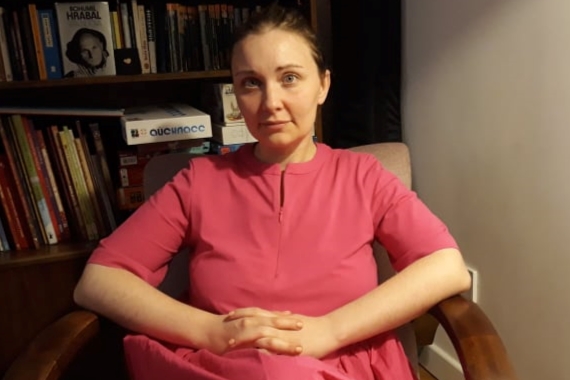
by Helen Womack | 30 Mar 2022 | Conflict, Europe, Eyewitness, Immigration, Refugees, Ukraine
Ukrainian refugees come to Anastasia in Hungary for a night or two before moving on. This Russian is helping refugees while war rages at home. Anastasia at home in Budapest, Hungary (photo by Helen Womack) Anastasia’s phone is constantly ringing. She is at the heart...
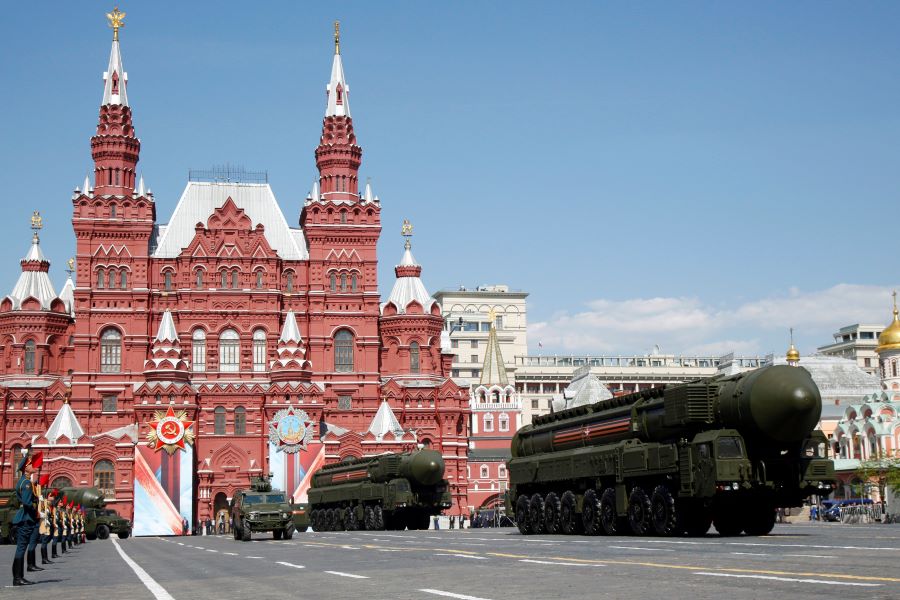
by Harvey Morris | 22 Mar 2022 | Conflict, Decoders, Educators' Catalog, Ukraine, World
Three decades after the collapse of the Soviet Union, Russia’s invasion of Ukraine has revived dormant fears of a catastrophic nuclear war. Russian missile launchers, capable of firing nuclear warheads, in Red Square in Moscow, Russia, 9 May 2016 (AP...
The world’s optimists thought the era of Mutually Assured Destruction was over with the collapse of the Soviet Union, but Russia’s invasion of Ukraine has stirred fears of nuclear war – anxieties that many young people around the world have never experienced. Harvey Morris takes a horrific topic – what he calls “a suicide pact between the superpowers” – and examines the irony of the nuclear age: that to ensure there would be no nuclear war, the United States and the Soviet Union both had to have weapons of mass destruction. He offers a highly readable introduction to the harsh realities of the nuclear age – realities that all generations are compelled to live with.
Exercise: Ask your students to debate the resolution: “The best way to ensure there will never be nuclear war is to ensure adversaries have recourse to nuclear weapons.”
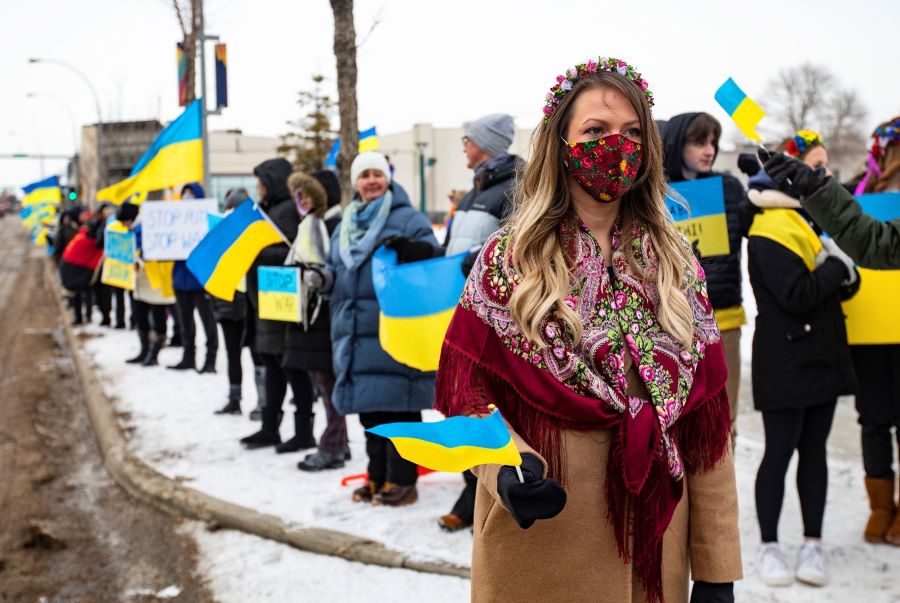
by Jeffrey Mo | 16 Mar 2022 | Conflict, Culture, Europe, Identity, Refugees, Ukraine, University of Toronto Journalism Fellows
Thousands of miles from war in Ukraine, Canadian students study the language, culture and religion of their ancestors in Eastern Europe. Protesters demonstrate against Russia’s invasion of Ukraine, in Edmonton, Alberta, Canada, 27 February 2022. (Jason...
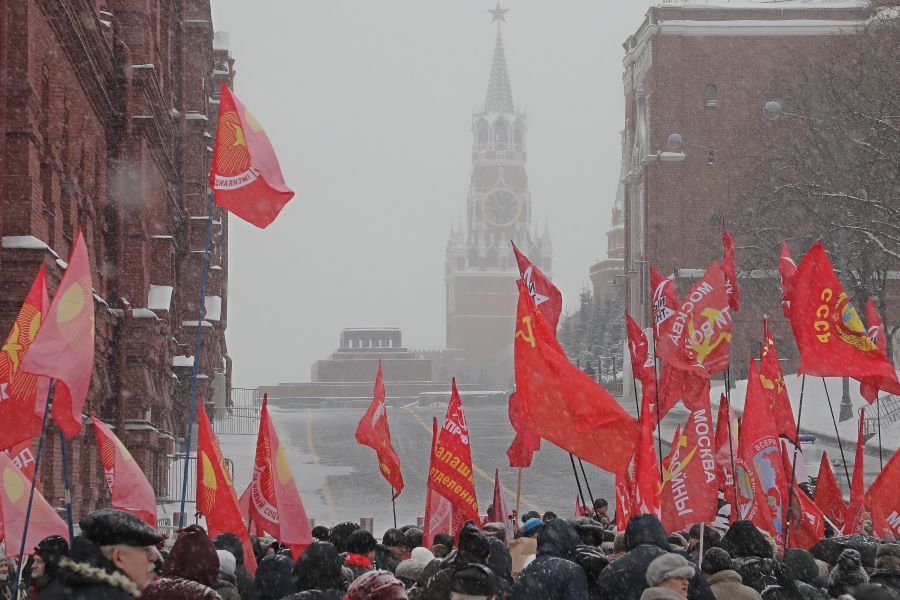
by Julian Nundy | 7 Mar 2022 | Asia, Conflict, Decoders, Educators' Catalog, Europe, Future of Democracy, Human Rights, Politics, Ukraine
Russian President Vladimir Putin has said the fall of the Soviet Union was a catastrophe. What was the USSR, and what does Putin really want? Russian communist party supporters commemorate the death anniversary of the founder of the former Soviet Union, Vladimir...
It’s next to impossible to fathom why Russia might have invaded Ukraine without understanding the Soviet Union and Vladimir Putin’s attachment to the notion of an empire led by Moscow. Few are better placed than Julian Nundy, whose links to Ukraine go back more than half a century, to explain the complex relationship between Russia and its western neighbor. In his decoder, Nundy takes the reader from the upheaval of the Russian revolution to the collapse of the USSR and, with it, Russia’s loss of buffer states – for Putin, an intolerable affront.
Exercise: Ask your students to choose a revolution – if their country had a revolution, then that should be their focus – and to assess the good that may have come out of it, and the bad.
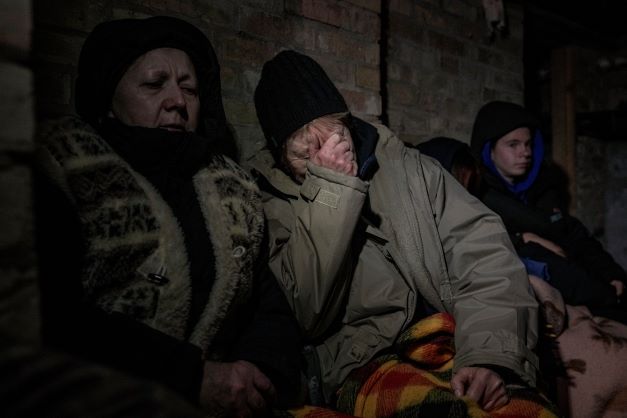
by Elaine Monaghan | 3 Mar 2022 | Conflict, Future of Democracy, Immigration, Politics, Refugees, Ukraine, World
Russia’s invasion of Ukraine begs questions that most young people have never asked. Here’s how to make sense of the conflict at the heart of Europe. A woman cries in a house crowded with people seeking shelter from Russian airstrikes, outside the capital...
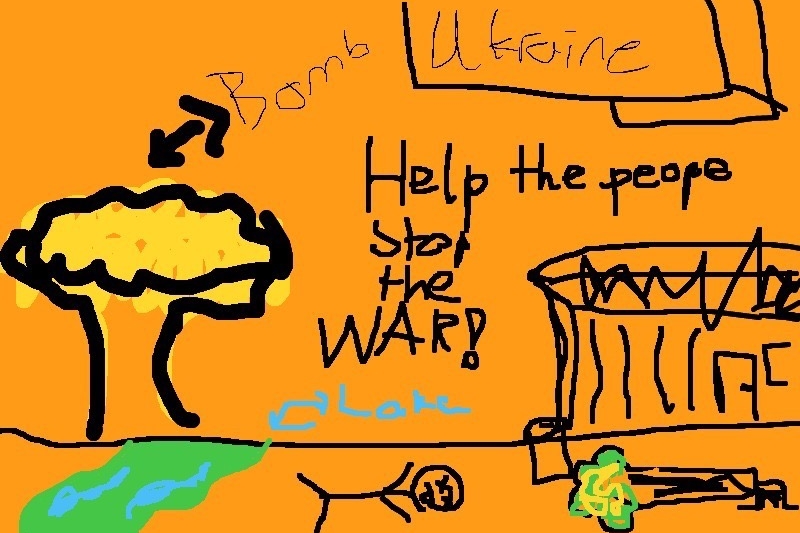
by Aralynn Abare McMane | 25 Feb 2022 | Conflict, Ukraine, Youth Voices
Editors around the world explain how they’re helping kids to understand and cope with the news as Russia invades Ukraine. From News-O-Matic, by a reader named Derin A week before Russia invaded Ukraine, editor Joyce Grant at Canada’s Teaching Kids News conducted...
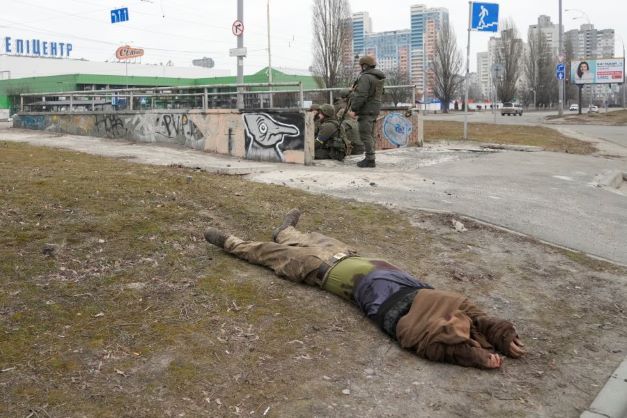
by Nelson Graves | 25 Feb 2022 | Conflict, Europe, Future of Democracy, Politics, Ukraine, World
Russia’s invasion of Ukraine threatens the global order that has spared us world war. In an era of nuclear weapons, our very survival could be at risk. A body of a dead soldier lies on the ground next to Ukrainian Army soldiers in Kyiv, Ukraine, 25 February 2022. (AP...
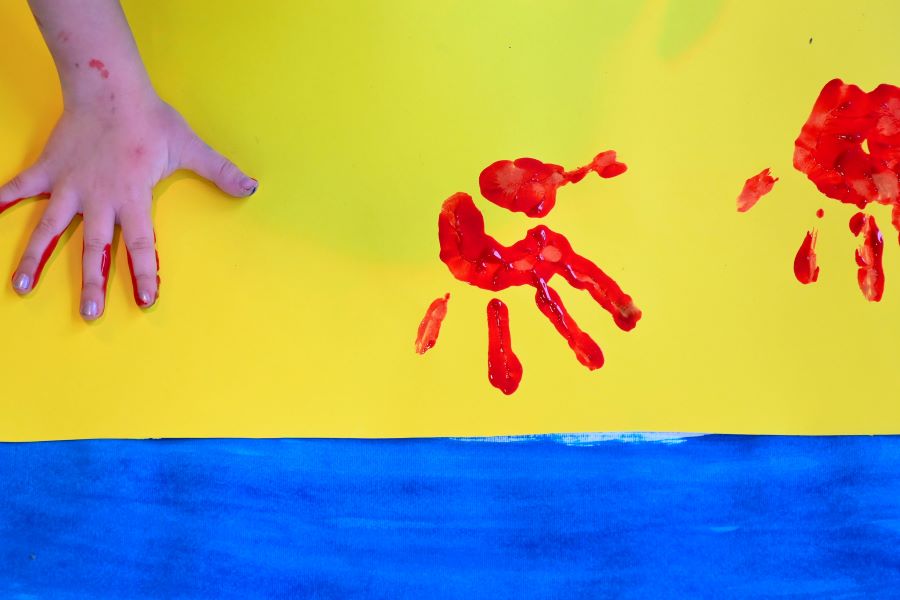
by News Decoder | 24 Feb 2022 | Conflict, Educators' Catalog, Europe, Future of Democracy, Joe Biden, Ukraine, World
We asked News Decoder correspondents why young people should care about Russia’s invasion of Ukraine. Here’s what they said. An Ukrainian child stamps her painted hand on the Ukrainian flag during a protest outside the Russian embassy in Beirut, Lebanon,...
Russia’s invasion of Ukraine dominates the news. With so much changing so rapidly, it can be difficult to get a big picture view of the context, implications and side effects of the attacks. When you live far away from the conflict, it can be difficult to know why you should care, with all the other problems in the world, and what — and who — to believe.
In this compilation, News Decoder correspondents offer different perspectives to consider about the war in Ukraine and potential consequences around the globe — and even in space. They bring decades of experience covering politics, foreign affairs and conflict — many having been based in Russia and Eastern Europe — to help place the invasion in a larger context. Their commentary provides a launching point for discussion.
Exercise: Ask students what questions they have about Ukraine and how the conflict might have an impact on your country.
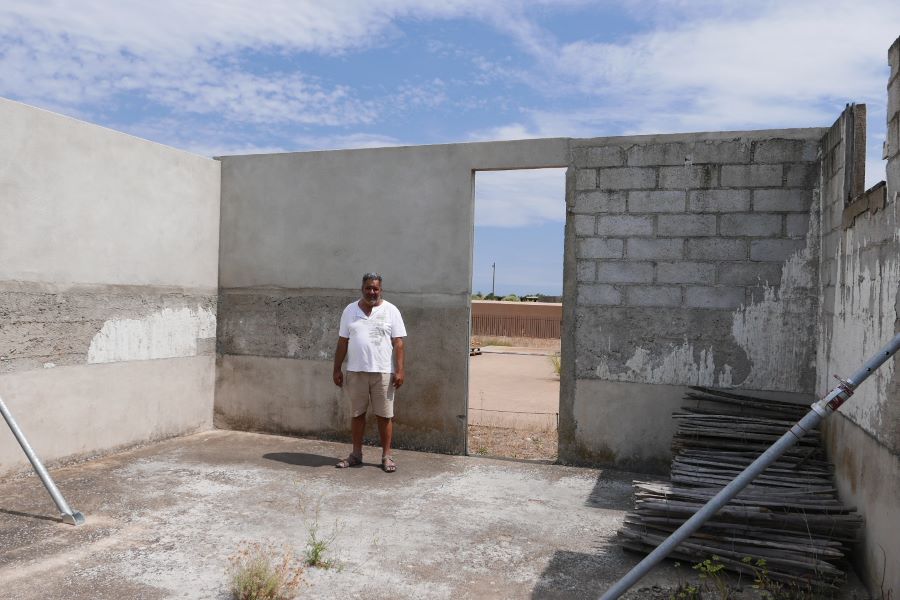
by Birgit Kaspar and Alistair Lyon | 21 Feb 2022 | Africa, Conflict, Europe, Human Rights, Politics
It’s been 60 years since Algeria won freedom. The nation’s former ruler, France, is still struggling with its colonial legacy, national identity and values. Abdelkrim Sid, son of a “harki” who fought for France in Algeria, stands in a derelict...










